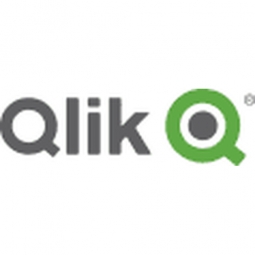Qlik
Case Studies
Getting the most out of big events
Overview
 |
Getting the most out of big eventsQlik |
Analytics & Modeling - Machine Learning Analytics & Modeling - Natural Language Processing (NLP) | |
Professional Service Software | |
Sales & Marketing Business Operation | |
Personnel Tracking & Monitoring Real-Time Location System (RTLS) | |
Software Design & Engineering Services System Integration | |
Operational Impact
| More cost-effective integration managers have been trained to do the work with Qlik, leaving experienced developers free for more strategic, value-add work. | |
| Previous integration development times of three to four weeks have been cut to three or four days and, in some instances, as little as 24 hours. | |
| Reduced time, combined with lower wage bills, cuts the cost of integrations. | |
Quantitative Benefit
| Over 5.5 million event participants connected | |
| Billions of data points accumulated from major events | |
| Time and money saved in creating vital integrations | |


